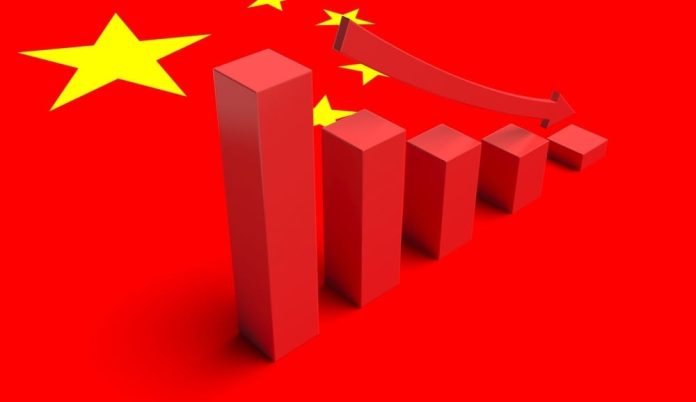China narrowly surpassed its 5 percent economic growth target last year, marking one of its lowest figures in decades. Looking ahead, analysts predict significant challenges for the economy in the Year of the Dragon.
Amid a crisis-ridden property market, sluggish export earnings, and crackdowns on private industry, global investors are withdrawing from Chinese stocks at unprecedented rates. This has led to a decline in business sentiment, prompting calls for measures to boost domestic consumption.
The country is facing its longest deflationary period since the 2008 Global Financial Crisis, with consumer prices declining for the fourth consecutive month in January. The government is now focused on preventing a deflationary spiral that could harm both consumers and businesses.
A major contributing factor to China’s deflationary woes is its struggling real estate sector, which constitutes a substantial portion of the GDP. Following the aftermath of the 2008 crisis, local governments fueled a debt-driven construction boom, leading to an oversupply of housing relative to demand.
As a result, Chinese households are becoming more cautious with their spending, especially in the real estate sector. The lack of a robust social safety net further incentivizes saving rather than immediate consumption.
China’s high rate of investment, coupled with overcapacity in sectors like infrastructure, poses additional challenges. The government’s focus on subsidizing manufacturing rather than promoting consumption reflects its broader economic strategy.
While some experts advocate for stimulating household consumption through wage increases, others argue that this could undermine China’s competitive edge in exports. Beijing’s emphasis on industrial policy for security and self-reliance underscores its long-term economic vision.


